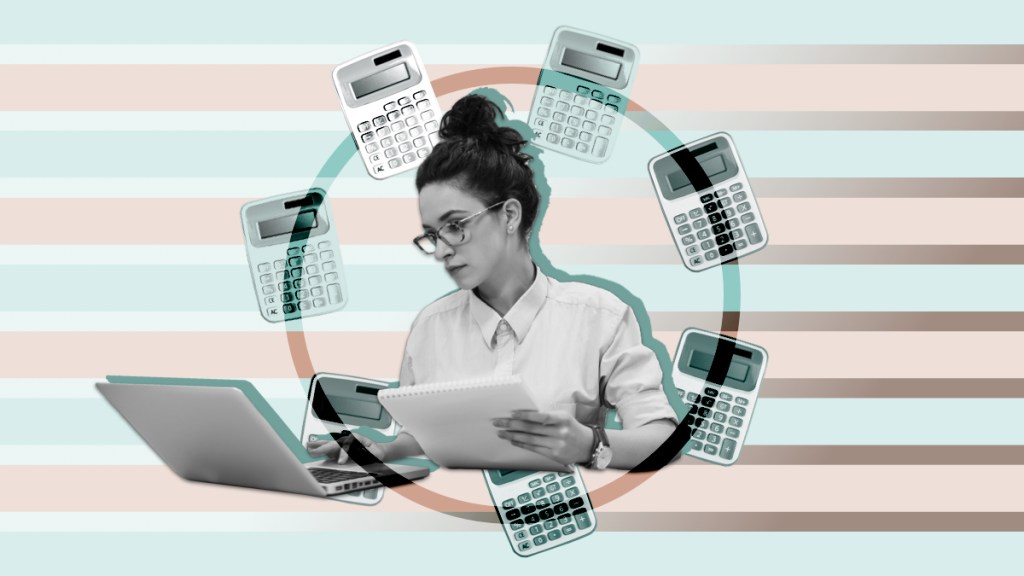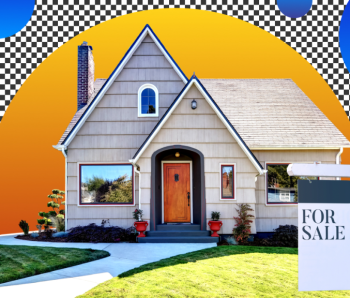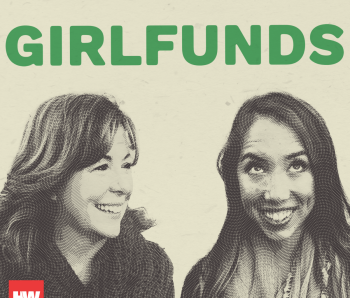
There’s a common misconception that you need a 20% down payment to purchase a home. But the truth is, your down payment depends on your lender, credit score and the type of mortgage you qualify for. For example, some loans require as little as 3% down.
If you’re thinking about buying a house, we have good news. Some lenders will let you buy your home with a much smaller down payment. Keep reading to learn exactly how much you need to save before becoming a homeowner:
What is a down payment?
A down payment is the money you pay upfront when applying for a mortgage to buy a home. For most mortgages, lenders require a down payment. According to Fannie Mae, one of the biggest obstacles for first-time buyers is coming up with a down payment.
More for Real Estate Enthusiasts
The “traditional mortgage” requires a down payment that is 20% of the purchase price. For example, a 20% down payment on a $300,000 home would be $60,000. Saving this amount of money might be a challenge for some prospective buyers, which is why mortgage lenders offer options that require lower down payments. For example:
Typical down payments
What type of loan: Conventional loan
Conventional loans aren’t insured by the government but are backed by private lenders. These loans are some of the most common because prospective homebuyers can put down as little as 3%. They also provide more flexibility, with some conventional loans offering anywhere between a 10 to 30 year fixed mortgage rate. That said, because conventional loans aren’t guaranteed by the government, they are usually harder to qualify for.
Lower down payments
What type of loan: FHA loan
FHA loans are backed by the Federal Housing Administration. These insured loans are a type of federal assistance and require as little as a 3.5% down payment for borrowers with a credit score of 580 or higher. If your credit score is between 500-579, FHA loans require 10% of the purchase price.
FHA loans are insured by the government and are easier to qualify for than a conventional loan which makes them an attractive option for prospective homeowners with limited savings and lower credit scores.
0% down payments
What type of loan: VA & USDA loan
VA loans are $0-down payment mortgage loans guaranteed by the United States Department of Veteran Affairs to current and veteran military service members and their spouses. Eligible borrowers can use a VA loan to purchase single-family homes, condos, and more. However, these loans can’t be used to purchase investment properties or vacation homes — they’re solely for primary residences.
USDA loans are another $0-down payment mortgage loan. But these loans are backed by the Department of Agriculture’s Rural Development Program and designed for rural or suburban home buyers. To be eligible, you have to meet their requirements for an adjusted household income, credit score and home location.
How much should you put down on a house?
You don’t need a 20% down payment to purchase a home. The amount you should save depends on the type of mortgage you’re approved for, as well as your financial situation. While a larger down payment might save you from a high monthly payment, it could put you in financial trouble if you put down more than you can afford. If you’re able to own a house by putting less money down upfront, that might be the best choice for you. Talk to a trusted lender or mortgage broker for advice specific to your situation.











